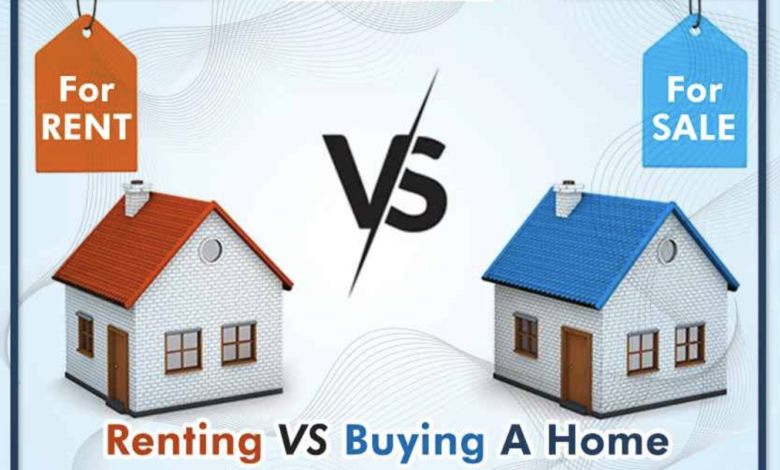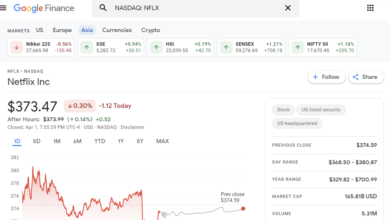
Read Time:2 Minute, 55 Second
The decision to rent or buy a home is a big one that comes with a lot of factors to consider. Both options have their advantages and disadvantages, and it ultimately depends on your individual circumstances and goals. In this article, we will explore the advantages and disadvantages of renting versus buying a home.
Advantages of Renting:
- Flexibility: Renting gives you the freedom to move easily. If you need to move for work, family, or any other reason, you can do so without having to worry about selling your home first.
- Low upfront costs: When renting, you typically only need to pay a security deposit and the first month’s rent upfront. This can be much more affordable than coming up with a down payment and closing costs for a home purchase.
- No maintenance costs: As a renter, you are not responsible for any maintenance or repair costs for the property. If anything breaks or needs fixing, you simply contact your landlord or property manager to take care of it.
- Amenities: Many rental properties come with amenities such as a pool, gym, or laundry facilities. This can be a great perk that you might not be able to afford if you were to purchase a home.
Disadvantages of Renting:
- No equity: When you rent, you are not building any equity in the property. This means that you are essentially paying for someone else’s investment.
- No control over the property: As a renter, you have no say in how the property is managed or maintained. You also cannot make any major renovations or changes to the property without the landlord’s permission.
- Rent increases: Rent prices can go up each year, which can make it difficult to budget for your living expenses.
Advantages of Buying:
- Building equity: When you purchase a home, you are building equity in the property with each mortgage payment you make. This can be a valuable investment in the long run.
- Control over the property: As a homeowner, you have complete control over how the property is managed and maintained. You can make any renovations or changes you want without needing anyone’s permission.
- Stable housing costs: When you have a fixed-rate mortgage, your monthly housing costs will stay the same for the life of the loan.
- Tax benefits: Homeowners can deduct mortgage interest and property taxes from their federal income taxes, which can lead to significant savings.
Disadvantages of Buying:
- High upfront costs: Purchasing a home requires a significant amount of money upfront for the down payment, closing costs, and other expenses.
- Maintenance costs: As a homeowner, you are responsible for all maintenance and repair costs for the property. This can be a significant expense, especially for unexpected repairs.
- Less flexibility: When you own a home, it can be more difficult to move quickly if you need to. Selling a home can be a lengthy process, and you may not be able to sell it for the price you want.
- Market risks: The value of your home can fluctuate based on market conditions, which can impact your equity and ability to sell the property.
In conclusion, there are advantages and disadvantages to both renting and buying a home. It’s important to consider your individual circumstances and goals when making this decision. If you value flexibility and low upfront costs, renting may be the better option for you. However, if you are looking to build equity and have more control over your living situation, buying a home may be the better choice.




